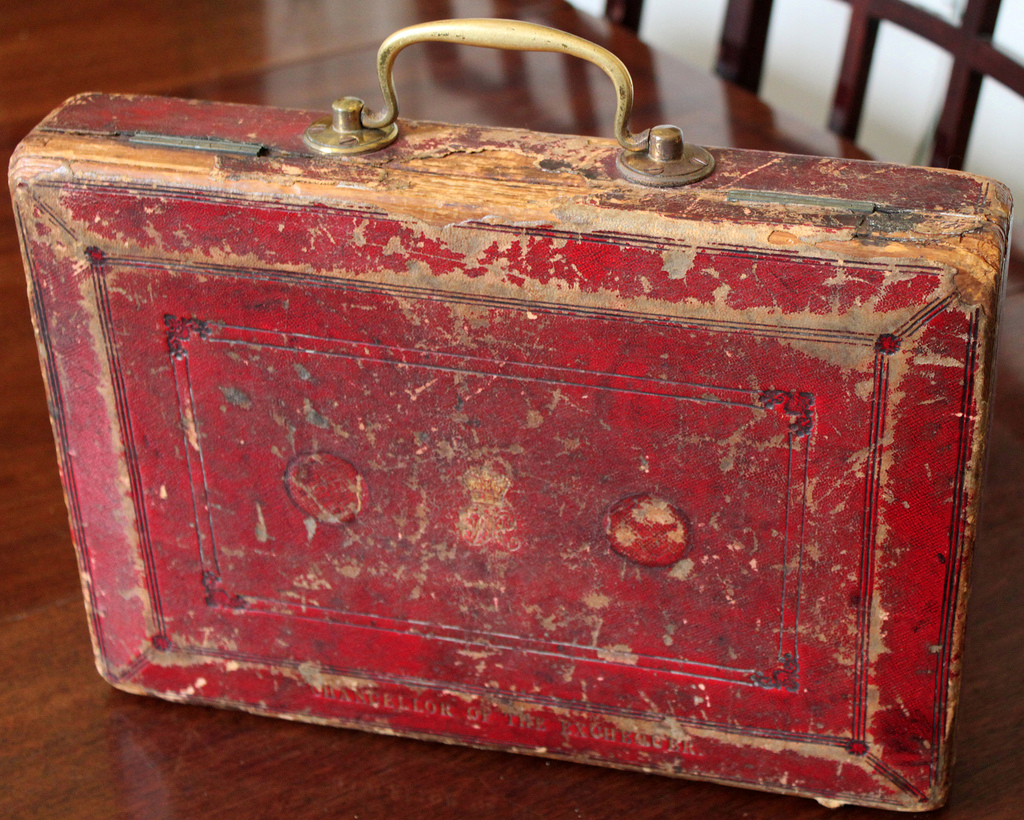11 March 2021
The Budget
By Paul Branch
 We’ve had the long-awaited route map out of Covid from Boris, and then came the eagerly anticipated Budget with the bill for the journey, revealing how much we all owe for the collective pandemic experience and how that would be paid for. Also expected was the announcement of a cunning plan to sort out climate change. Rishi Sunak’s first Budget drew some compliments on his sure-footedness, even-handedness and the general smoothness of his overall performance. It did seem to lack a bit of drama and general pizzazz, but I can put up with that in a Chancellor.
We’ve had the long-awaited route map out of Covid from Boris, and then came the eagerly anticipated Budget with the bill for the journey, revealing how much we all owe for the collective pandemic experience and how that would be paid for. Also expected was the announcement of a cunning plan to sort out climate change. Rishi Sunak’s first Budget drew some compliments on his sure-footedness, even-handedness and the general smoothness of his overall performance. It did seem to lack a bit of drama and general pizzazz, but I can put up with that in a Chancellor.
Many of Rishi’s pronouncements had been revealed long before he got up to speak, so there were no surprises but some relief in the extensions to many existing measures for personal and business support. In addition there is new funding across other areas, where the numbers aren’t exactly eye-watering but welcome nonetheless. The £20 top-up on Universal Credit gets a further six months, plus a £500 one-off addition to Working Credit. Apparently we can’t afford the £20 weekly UC payment to become permanent, so people in places not yet levelled-up, like Burnley, need to get used to being too poor to die and not having a proper funeral. Another challenge for Marcus Rashford perhaps, to shame this government into yet another U-turn (Maggie must be spinning wildly by now). Even M Macron seems to have caught the new British disease with his recent volte-face du vaccin.
There was hope of a sensible increase in taxes to pay for our much-needed generosity to ourselves, mindful of those bending the Chancellor’s pre-Budget ear with warnings that increases to personal and/or corporate taxation would stifle economic recovery. In the event there seemed to be more heat than light generated with the future freezing of tax allowances and the eventual increase in CT to 25%. Those who weren’t complaining at the prospect of paying more tax (maybe because we’d spent nothing last year on holidays, eating out and the like) were expecting a real and immediate increase as our contribution to help putting the economy back together again. Last year a number of very high-worth individuals wrote an open letter almost begging to be taxed more on their vast wealth. But no, nothing so simple from Rishi or indeed from the opposition on the benches arrayed before him. Freezing tax allowances will bring the lower paid into the tax regime, impacting once again those less able to pay. Such a significant rise in corporation tax is said to be the harbinger of lower investment and fewer jobs – we’ll see.
Back in May during the first lockdown, when we and the NHS were on our knees, I’m sure several senior people in government promised the nurses and care workers a significant pay rise for their dedication and bravery way beyond their nominal job descriptions. Maybe the regular sound of Thursday evening clapping gave me cause to believe I was hearing things. But it was all repeated during the more recent lockdowns so it must have been true, even though there may have been a sneaking suspicion that it was all possibly far too good to be true. And so it seems. A government recommendation to the pay board of a 1% salary increase for English nurses is apparently all we can afford despite the fine words and multitudinous clapping, effectively a pay cut after inflation.
Any more money for the nurses would apparently result in cuts elsewhere to the NHS budget. One immediately tends to question that assertion as the NHS is already underfunded by some standards. From a simplistic political viewpoint, instead of raising the heat of the inevitable rancorous debate, they could have tried a one-off bonus payment (say £500 or even £1000) together with a cast iron commitment to meaningful recognition (10% maybe) once the cash flow situation is back on a more even keel. Instead we look forward with increasing disgust to the prospect of the grand ship of state performing yet another screeching U-turn. The recent image of Rishi and Boris standing shoulder to shoulder in Downing Street clapping somewhat mechanically for the eager photographers, knowing full well what the real outcome would be, sticks in the throat as well as the mind.
We have several government grandees lined up to agree with Boris and Rishi that we simply cannot afford more than £3.50 a week extra for the nurses. Health minister and ex-nurse Nadine Dorries said she was pleasantly surprised by the 1% recommendation, implying she was not involved in the decision. Lord Bethell, another minister, reminds us that nurses have secure jobs, plus benefits, which many would envy although he omitted to opine whether that envy extended to risking your health in the course of a regular day’s work. Health secretary Matt Hancock is another, graciously bringing his ex-nurse granny into the conversation to witness that he will not bow to anyone in his admiration for the NHS – we can only hope that his granny would have been proud of him. This all sounds like knowing the price of everything and the value of nothing. We can’t afford to pay them more, but we can’t afford to lose them.
The temperature and blood pressure within the apoplectic medical and care unions look to be way off the scale, as they threaten strike action and suggest that to up to 30% of nurses will leave the NHS, to add to the existing shortages. Perhaps the best outcome we can expect is that many will forsake the NHS for private medicine, making them still available but increasing the NHS bill in future times of stress.
Just out of possible interest when it comes to numbers, a few comparisons. The average nurse’s salary in London is around £34k; the Home Office compensation pay out to Priti Patel’s accuser of bullying was £340k (plus legal fees), enough to pay ten nurses for a year. The amount wasted on sub-standard unusable PPE in one contract was said to be £34 million, or one thousand nurses’ salaries for a year. And when it comes to profligacy, how on earth could Test & Trace come to £22 billion, when even now it’s still described as improving? For that money you could fund the current reconnaissance mission to Mars plus five of NASA’s planned manned trips to that very cool planet, so even more reason to get hot under the collar with Rishi and his mates.
One pretty important hot topic not addressed at all in the Budget was how to solve our disparate health and long-term care needs for the long term with a workable wrap-around solution. No surprise that it didn’t really feature unless it’s part of Matt Hancock’s restructuring programme, although a sounder way forward might have been to first conduct a proper review of how things work today (including assessing the response to Covid) and then decide how to proceed.
And then there was a passing nod to the provisions for climate change, but with little detail. We’re supposed to be leading the COP26 conference in November, and so far we have commendable aspirations for pollution reduction but no real integrated national plan on how to achieve net zero in time, let alone how we think the world might unite in saving the planet from meltdown. Perhaps we’re waiting for inspiration from that new Durham-based IT consultancy company Siwah Ltd (prop D Cummings), but personally I’m not that optimistic so there’s a shedload of high protection sun cream on order with Ocado.


